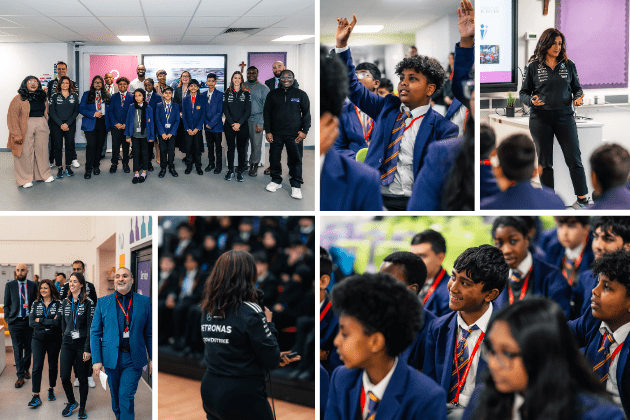Critical confidence gap in effective use of GenAI flagged by new research from Harvard Business Publishing and Degreed
A new research report, published by AI-powered learning platform Degreed and Harvard Business Publishing, has found a critical confidence gap in the workforce’s ability to use generative AI (GenAI) effectively.

The report, titled How the Workforce Learns Generative AI in 2025, argues there is a “clear business case” for building confidence in workforce AI skills.
The researchers surveyed 2,700 employees at companies with more than 1,000 members of staff across five continents about GenAI. While 48 percent of professionals expect GenAI to change their job responsibilities, 78 percent said they lack the confidence to use these tools effectively.
The researchers argue this confidence gap presents a risk to productivity as well as a powerful opportunity for performance improvement.
“Big businesses are investing billions in Generative AI technology. But so far, only a fraction of those investments are yielding the expected ROI. And lack of Gen AI expertise is one of the biggest challenges,” explains Todd Tauber, Senior Vice President of Marketing at Degreed. “So our research focuses on what it takes to build that expertise – by focusing on what the most confident, fluent people do differently to learn.”
Workers using GenAI in their daily work were 12 times more likely to feel “very confident” when using GenAI to deliver business outcomes and 77 times more likely to derive measurable value from its use. The researchers say this makes a clear business case for building confidence in the use of GenAI.
“One of the most important takeaways from this research is that confidence in Gen AI isn't just about technical skill – it's about mindset and support,” adds Lisa Tenorio, Senior Vice President of Product Innovation at Harvard Business Publishing Corporate Learning. “Learning happens best when people are encouraged to experiment, apply, and reflect in their real work environment. Leaders have to create the right conditions for that to happen.”




















